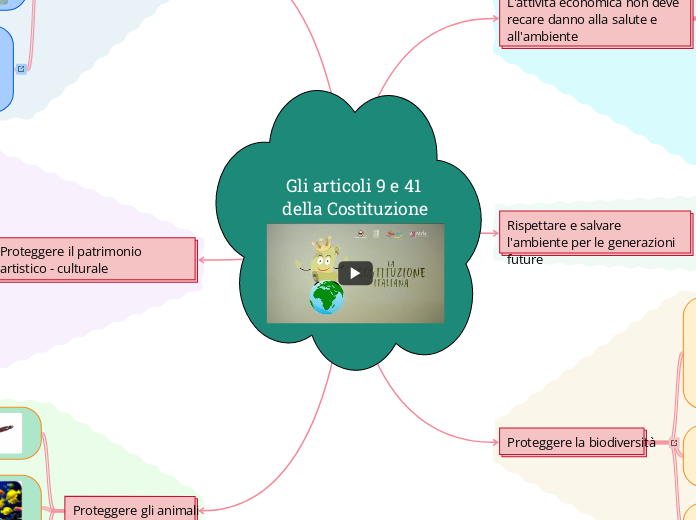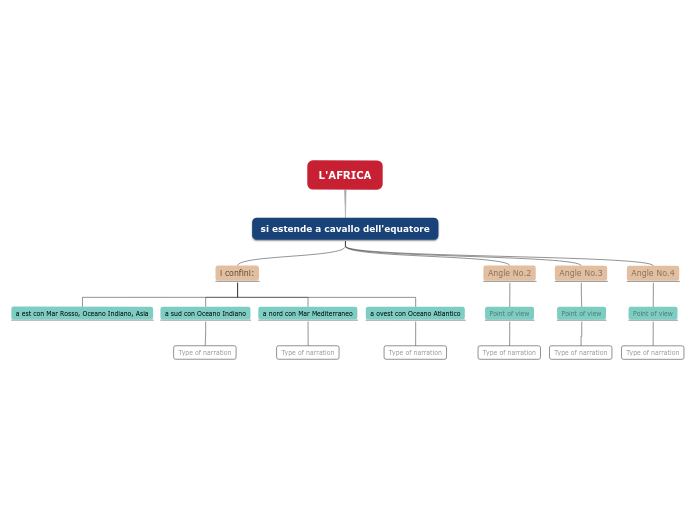ALBANIA
The part of speech is a category to which a word is assigned according to its syntactic functions. In English the main parts of speech are noun, pronoun, adjective, determiner, verb, adverb, preposition, conjunction, and interjection.
Laghi
A conjunction is a word like 'if' 'but' or 'and' which is used to connect sentences or clauses together.
Albania, Grecia e Macedonia
Subordinating conjunctions are conjunctions that are used at the beginning of subordinate clauses. Some examples of these conjunctions are: although, after, before, because, how, if, once, since, so that, until, unless, when etc.
Lago di Ohrid
Lago di Prespa
Nord
Coordinating conjunctions always connect phrases, words, and clauses. They are: for, and, nor, but, or, yet, so.
Lago di Scutari
Città più importanti
A preposition is one of the most exciting parts of grammar. A preposition is used to describe the location of something in relation to something else.
Aree rurali
A group of words used with the force of a single preposition is called phrase preposition.
maggior parte popolazione abita nelle aree rurali
Valona
Participle preposition consists of words that end in “ing”.
Durazzo
When a preposition consists of more than one word, it is called double preposition.
Scutari
Compound preposition consists of two or more words.
Tirana (capitale)
When a preposition consists of one word it is called single or simple preposition.
Montagne e colline
An interjection is used to express emotion in a sentence.
Think of other interjections!
piccole valli fluviali - corsi d'acqua come Drin e Seman
centro settentrionale- aree pianeggianti e paludose
Confini
An adverb is used to describe a verb, but it can also describe an adjective or another adverb.
Adverbs normally help paint a fuller picture by describing how something happens.
Sud-est
Grecia
ESt
Macedonia
Nord-est
Kosovo
Nord-ovest
Montenegro
Clima
An article is a word used to modify a noun, which is a person, place, object, or idea. Technically, an article is an adjective, which is any word that modifies a noun.
Mediterraneo
Indefinite articles are the words 'a' and 'an.' Each of these articles is used to refer to a noun, but the noun being referred to is not a specific person, place, object, or idea. It can be any noun from a group of nouns.
fascia costiera
estati non troppo calde
inverni tiepidi e con scarse precipitazioni
Continentale
It refers directly to a specific noun or groups of nouns.
entroterra
inverni lunghi e freschi
estati calde e asciutte
Economia
A pronoun is a word that can be used in place of a noun, typically after the noun itself has already been stated.
economia sviluppata
Relative pronouns are used to add more information to a sentence. Which, that, who (including whom and whose), and where are all relative pronouns.
per le rimesse e alla crescita significativa
nel 90
Reciprocal pronouns are used for actions or feelings that are reciprocated. The reciprocal pronouns are each other and one another.
maggior parte abitanti emigrata per lavoro
xx secolo
A reflexive pronoun ends with ...self or ...selves and refers to another noun or pronoun in the sentence (usually the subject of the sentence). The reflexive pronouns are myself, yourself, herself, himself, itself, ourselves, yourselves, and themselves.
Albania è 1 dei paesi più poveri e isolati d'Europa
Settori
An adjective is a word that's used to describe a specific noun and to provide more detail to the listener.
industria
arretrata, in fase di riorganizzazione per massicci investimenti stranieri
industriale e terziario
Superlative adjectives demonstrate a higher level of comparison between entities.
importante sviluppo
Primario
Expresses a comparison between two entities or groups of entities in quality or degree.
forza di lavoro
olivi cereali e viticultura
Popolazione e società
A noun is defined as a person, place, thing or idea. Proper nouns always begin with a capital letter. Common nouns, which are general words, such as 'cars,' are not capitalized.
7%
Compound nouns are words where two nouns have been stuck together to make a new noun. Compound nouns should be written as one word, without a hyphen.
ortodossa
10%
A noun which refers to a group of things/people.
cattolica
57%
Countable nouns are nouns that can be counted, even if the number might be extraordinarily high.
Uncountable nouns are nouns that come in a state or quantity which is impossible to count; liquids are uncountable, as are things which act
like liquids.
mussulmani
97%
Proper nouns are the names of specific people or places. They should always begin with a capital letter.
albanesi
Mari
A verb is an action word or 'doing' word that signifies movement in some way.
Ovest
A modal is a type of auxiliary (helping) verb that is used to express: ability, possibility, permission or obligation. The main modal verbs in the English language are: can, could, may, might, must, shall, should, will, would.
separa le coste albanesi e la Puglia
collega Mar Adriatico e Mar Ionio
Canale d'Otrato







